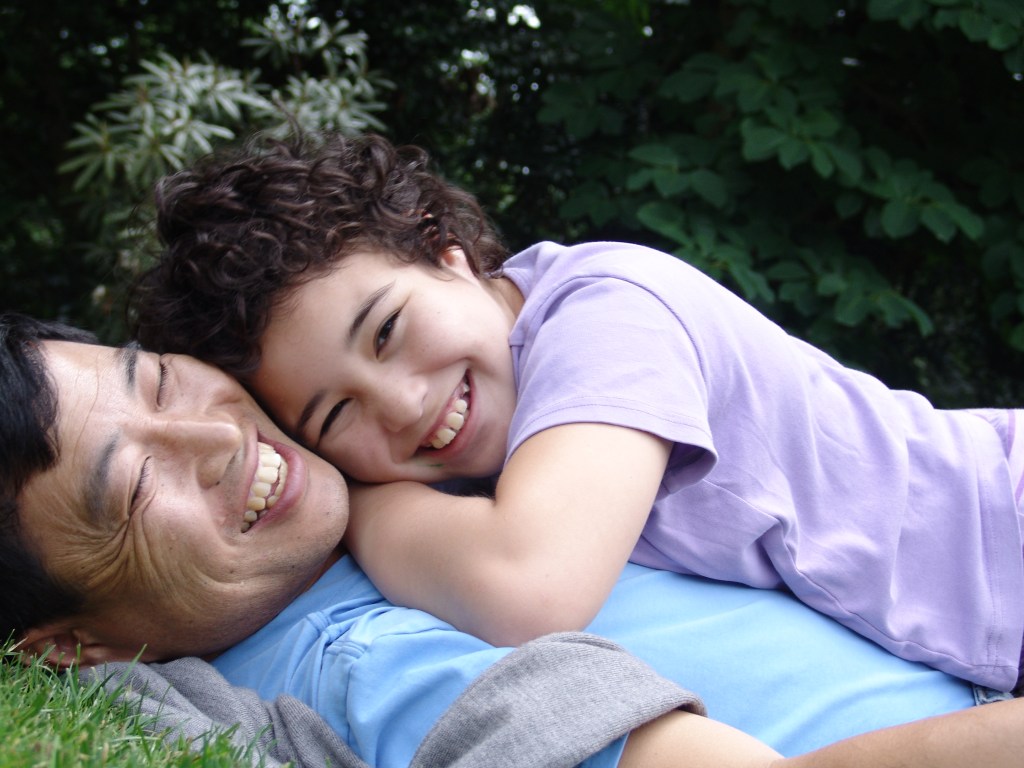Isolation, heartache and devastation are just some of the big emotions felt by Pasadena resident MeiMei Liu when she lost her father to cancer at a young age.
For Liu — now 29 — experiencing grief was more complicated than just dealing with it.
Liu is nonverbal and has autism, a developmental disability that can make social communication difficult, according to the Centers for Disease Control and Prevention.
After her father, Jiaqi Liu, passed away in 2013, Liu buried her feelings. Research shows this can be a common coping response for autistic people dealing with complex emotions.
“At first, I could not cry,” Liu said by email. “I was in shock, even throughout the funeral. I suppose people around me assumed I wasn’t that upset because I was not able to show it. After several weeks and months, I would suddenly burst into uncontrollable tears.”
Liu found a creative solace in the form of words. She first started writing poetry when she was 20, attending Whittier College to study English and creative writing. She saw writing as a conduit for her emotions over her father’s cancer diagnosis, and later, his death.
Being able to communicate feelings through words is significant for Liu, who often expresses her feelings about her father’s death through writing.
She was diagnosed with a condition called dyspraxia, which affects motor control, making communication options limited. Liu has severe oral and fine motor dyspraxia, which doesn’t allow her to speak, write with a pen or pencil, or use sign language.
“When I was growing up, I had no sense of myself in relation to other people, no sense of my own personhood. I felt frightened and alone. It was only after I learned to type to communicate, that I began to develop language — and with it, my sense of self,” she said. “Because I use a keyboard and type out each word I wish to express, as opposed to a word-board or picture-board, I can say precisely what I mean… without my ability to use a…
Read the full article here







